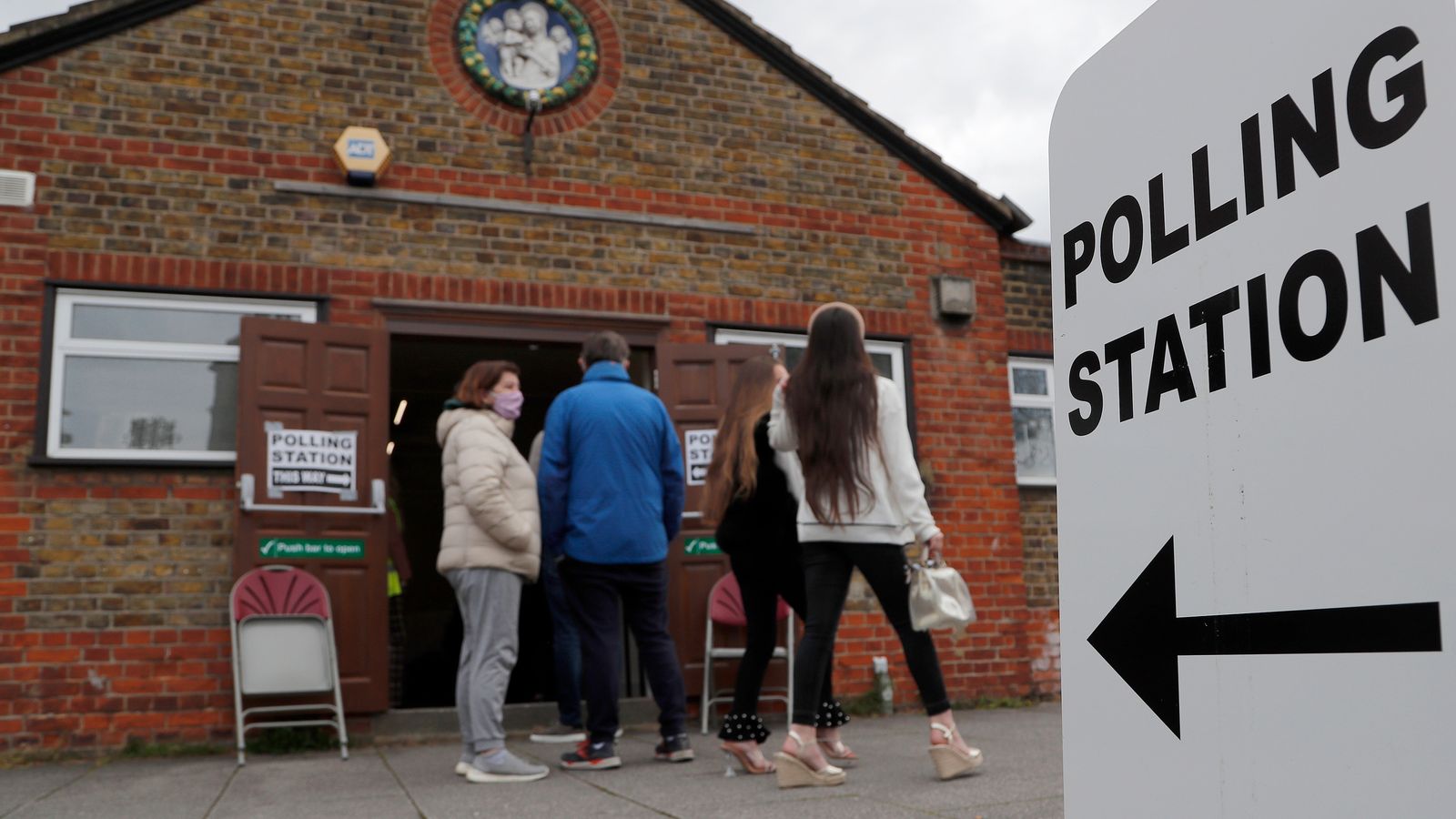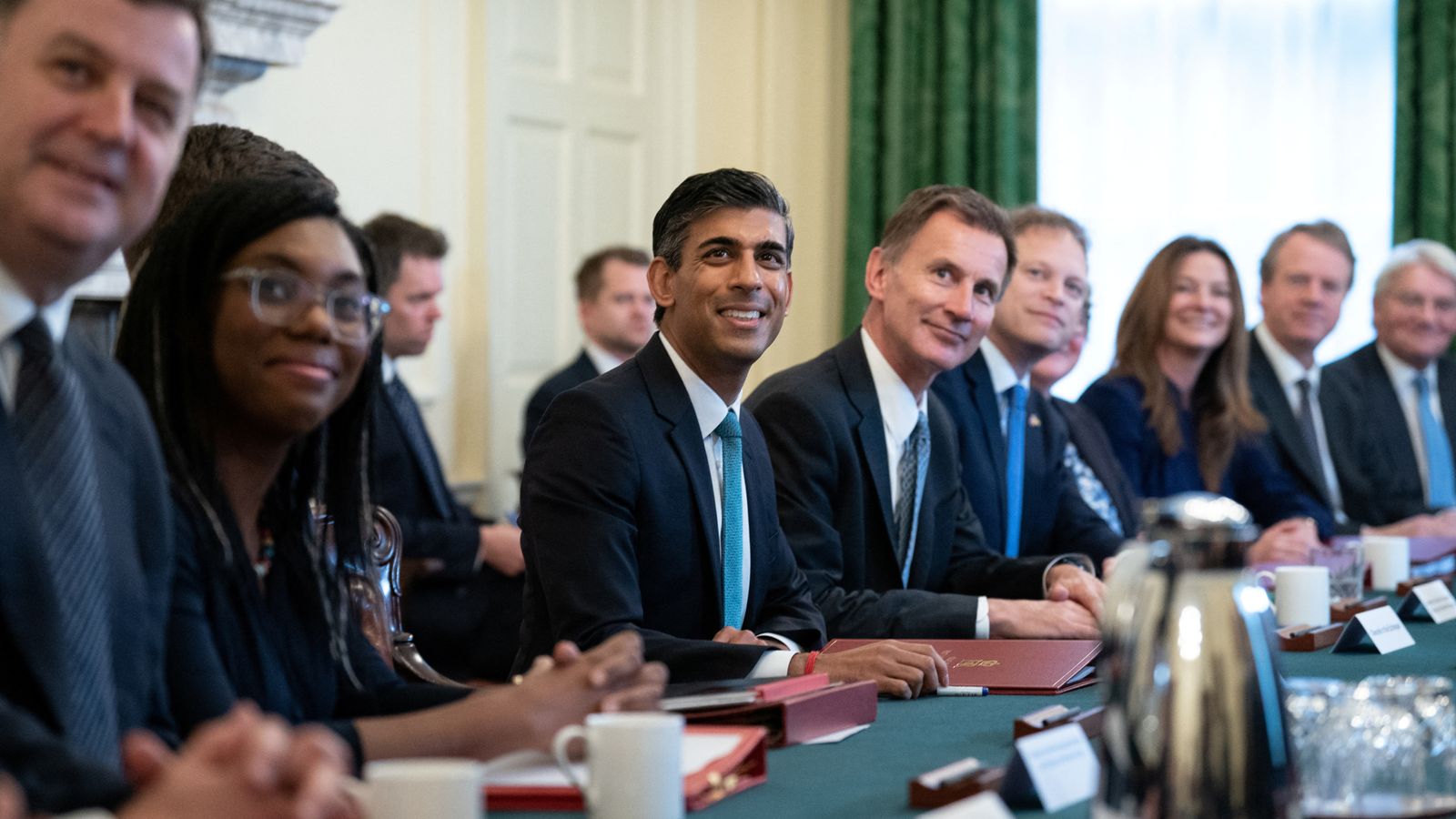Calls for law to end ‘deceptive’ campaign practices before next general election

A new law to end “deceptive” campaign practices should be introduced before the next general election to restore public trust, a charity has said.
Full Fact said 2022 was a “damaging year in standards for public debate” with senior MPs regularly failing to back up their claims.
It follows the publication of their annual report into misinformation which found:
•As many as 50 MPs, including two prime ministers, cabinet and shadow cabinet ministers, failed to correct false, unevidenced or misleading claims, despite repeated calls from Full Fact to do so
•The statistics regulator had to write to the UK government at least 10 times to challenge it on its use of statistics or other data
•A false claim about employment statistics was repeated at least 9 times in parliament by Boris Johnson and has yet to be officially corrected, despite challenges by the Office for Statistics Regulation, UK Statistics Authority and House of Commons Liaison Committee
•The government’s Online Safety Bill rowed back on promises to address harmful misinformation and disinformation, and now fails to protect freedom of expression
The report set out 12 recommendations for politicians, media, and other organisations in public life to improve trust and safeguard UK democracy, particularly around future votes.
These include calls for political parties to end “bullshit manifestos” before the next general election, as well as a new law to prevent deceptive campaign practices.
Will Moy, Chief Executive of Full Fact, said, “Both the prime minister and leader of the Opposition have talked repeatedly about the importance of honesty in politics. But MPs from both their parties have failed to correct false or misleading claims in the last year- the PM himself among them.
“Without determined effort to set and live up to high standards in public debate, 2023 will be every bit as damaging to public trust. And with an election on the horizon, that’s dangerous.
“Bullshit manifestos, misleading statistics, and adverts that don’t look like adverts have featured in every election we have seen in the last decade.
Advertisement
“Politicians shouldn’t need fact checking to know this isn’t honest politics.”
The report provided a number of examples where high-profile politicians had made misleading claims then failed to correct the record.
This included repeated claims by Boris Johnson in late 2021 and early 2022 that there were more people in employment than before the COVID-19 pandemic began.
They said that “this theme has continued in 2023” with Rishi Sunak “making unevidenced claims in the House of Commons on how the Labour Party is funded, and not taking any steps to correct or back up this claim“.
The report called for new rules for MPs to correct their mistakes in parliament, with sanctions for those who don’t.
It also called for higher stands of honesty outside of the House of Commons, such as in broadcast interviews and manifestos.
‘Safeguard the next election’
When it comes to the next election, Full Fact said that there is a strong case for targeted legislation to prevent campaign material masquerading as something else, such as newspapers, and that there needs to be an end to small print being used to identify the source of campaign material.
The charity said UK democratic processes “are vulnerable” and called for the independent regulation of political party advertising during elections.
It pointed to the 2019 general election campaign, when the Conservatives came under fire after one of its official Twitter accounts was rebranded as a fact-checking service.
And during the UK’s 2022 local council elections, it said the Labour Party ran four Facebook adverts which included a misleading claim that families under the Conservatives were £2,620 91 worse off a year.
Mr Moy said: “Candidates from every political party will be asking the public for their trust at the next general election. Time is running out to earn it.”

